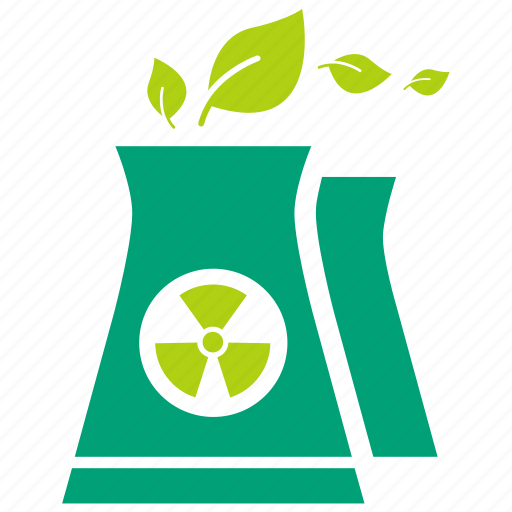

Briefly, water is how we store hot radioactive waste right now. In fact, Randal Munroe of XKCD fame has a great video on spent fuel storage in pools on YouTube here.
Personally, I find difference in safety is so great in favor of the nuclear reactor that I cannot even draw a meaningful comparison. Would I rather drink water from from a spent fuel storage pool or one contaminated with fuel oil? Spent fuel every time. Would I rather live with an off-shore sunk nuclear reactor or an off-shore oil spill? Sunk nuclear reactor, 100%. Which would I rather be in charge of clean-up? Yup: Sunk reactor.
Is there a compelling alternative perspective here?










It shouls be intrinsically safe. The water has a massive heat capacity and is an excellent shield for radioactivity. Also, recovery, if that’s what we want, is much easier, as we are recovering a solid material, rather than containing spreading sheen of tens of thousands of barrels of oil.
Nuclear reactors on land have real, demonstrated liabilities, but, in my opinion, the story would be very different over water.